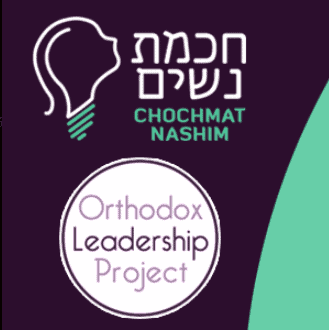A man walked into a synagogue on the eve of Yom Kippur, and realized he had a $100 bill in his pocket. Not wanting to carry the money on Yom Kippur, he quickly wrote down the verse, “Thou shalt not steal” on a piece of paper and put the note and money in a cubby of the coat room. When Yom Kippur ended, he returned to the cubby and saw, to his shock, that the $100 bill was gone. In its place, he found another note, this one accompanying a $50 bill — on that note was written, “Love Thy Neighbor as Thyself.”
Like the synagogue cubby, the megillah, or scroll, of Esther is filled with surprising exchanges of written notes and letters. In the opening chapters, the king sends letters across the kingdom to punish Vashti and subsequently all Jews, for not obeying his laws. Later, Mordechai’s life is spared because his act of saving the king was written in the king’s sefer ha-zichronot, book of records. And, as the narrative concludes, Esther and Mordechai send three different letters that save their people and establish Purim as a Jewish holiday. As we read it out loud, the megillah even refers to itself as an iggeret, letter (Esther 9:26). What is the reason for placing so much emphasis on writing in the Book of Esther?
In the Babylonian Talmud (Bava Batra 15a), the Rabbis ascribe the writing of Megillat Esther to the Anshei Knesset Hag’dola, the Men of the Great Assembly. The Great Assembly led the Jewish people at the beginning of the Second Temple Era, a time that saw the last of the three Jewish oral prophets: Haggai, Zechariah and Malachi. The Great Assembly is creditedwith instituting prayers such as the Amidah, as well as to have canonized the 24 books of Tanakh — both activities that involve written text.
